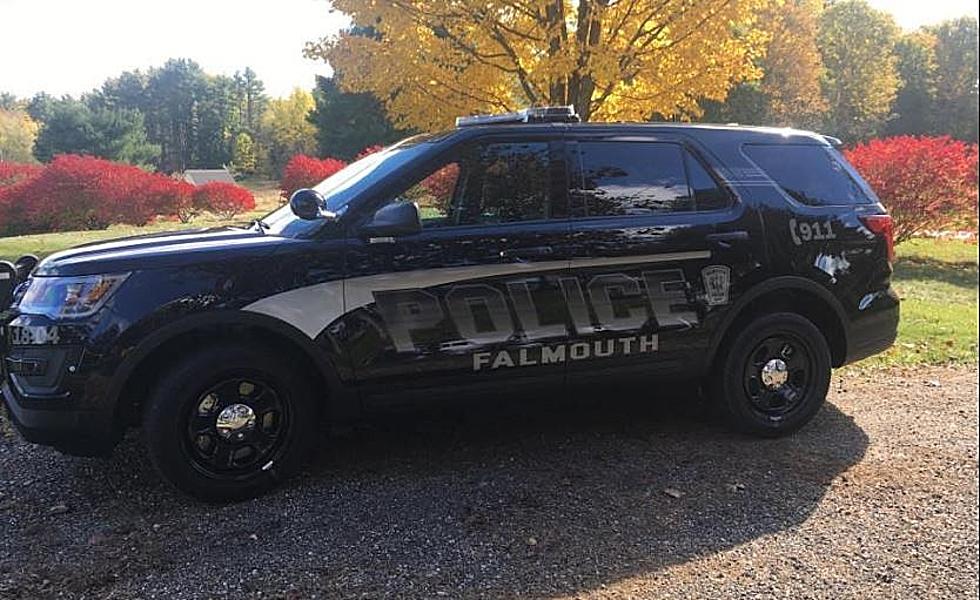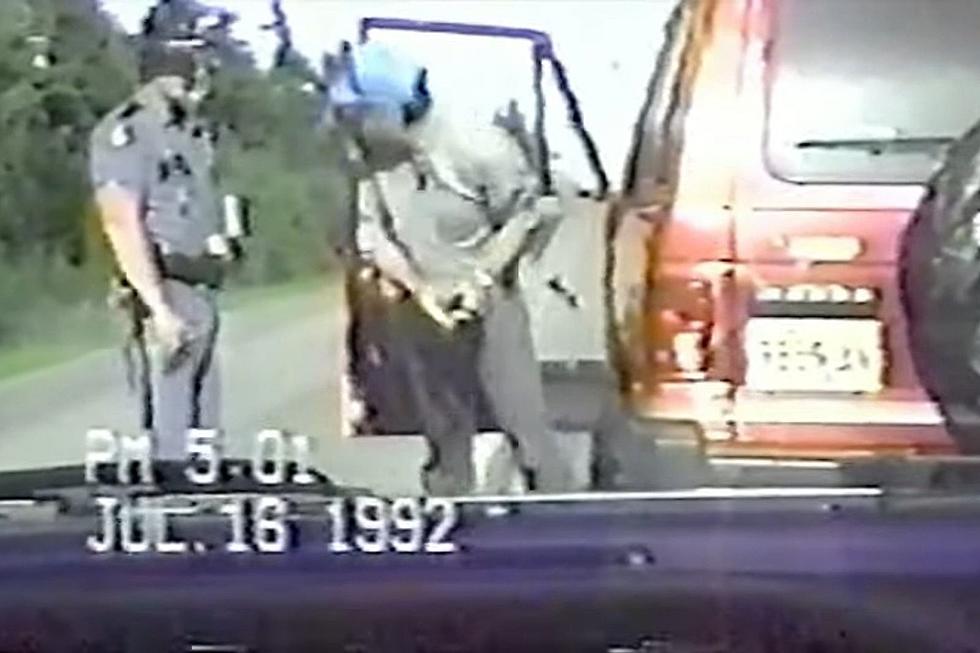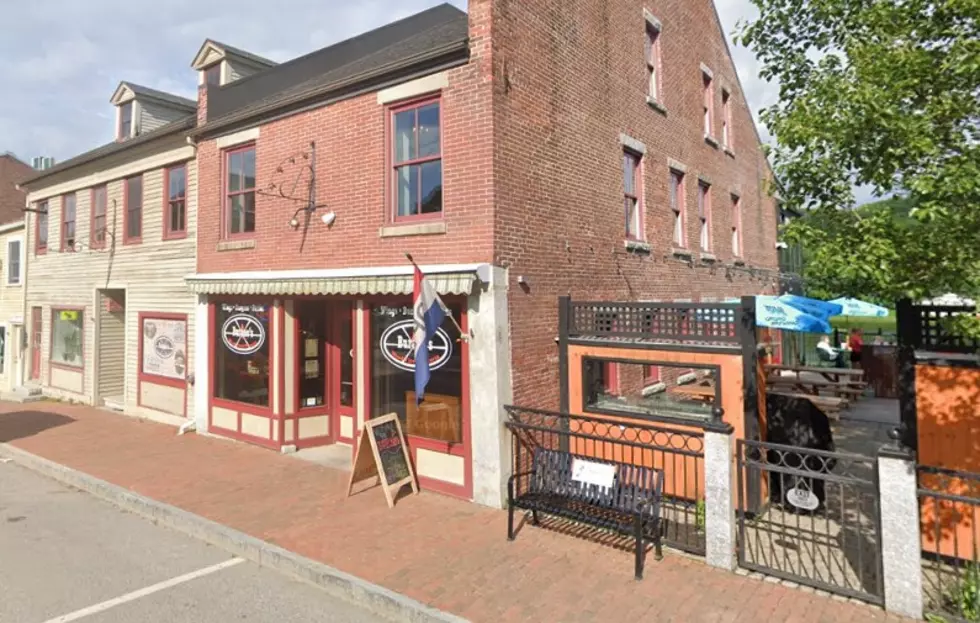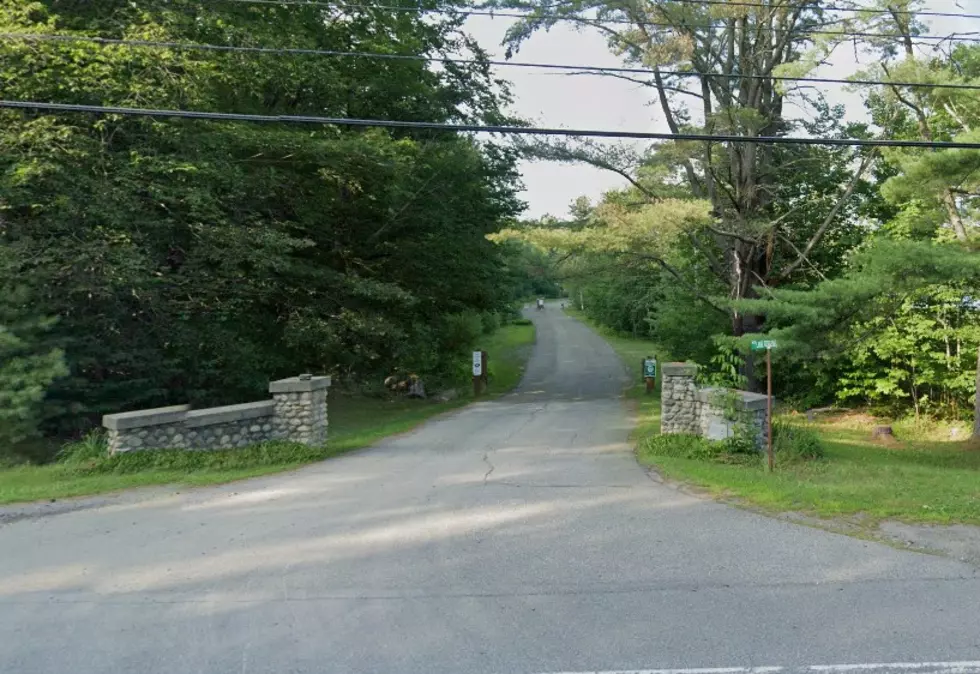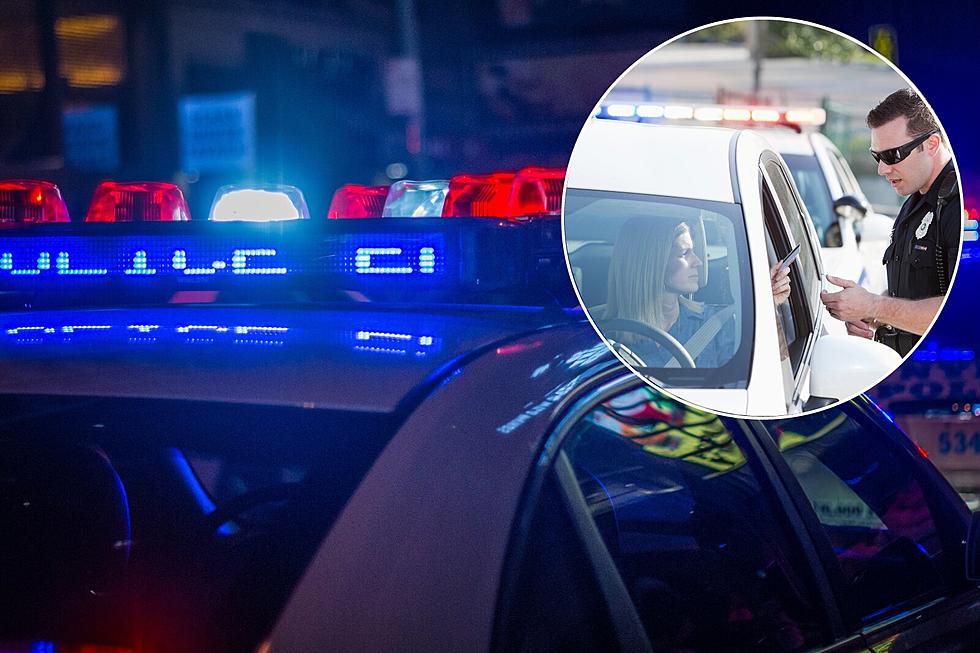
Refusing a Car Search by a Cop in Maine: What Happens Next?
In a situation where you get pulled over and a traffic stop occurs, it's natural to feel a rush of nerves and adrenaline, even if you're not in the wrong.
Now, picture this, the officer asks to search your car. Do you automatically grant them permission to do so, or not? If you do refuse, what happens next?
Let's get into it.
Refusing a Police Search
According to the ACLU, if a police officer asks to search your vehicle or even tells you he needs to, you CAN REFUSE to consent to said search. It's important to remember to say the words, "I do not give you consent to search my vehicle."
Staying calm is a good tip, and if the officer thinks your car has some type of evidence from a crime, they can look inside no matter what you say to them. That is known as probable cause.
You have the Right to Remain Silent
This is true. According to ACLU, you have every right to not speak, because as you know, everything you say can be used against you later in court. You can also ask if you are free to leave.
Furthermore, it's always vital to know your rights as a citizen and try to always remain calm when dealing with law enforcement.
If they do end up searching your vehicle without your consent, a lawyer could prove that they did not have the right to do so in court.
The ACLU has outlined various scenarios where you might be unsure of how to handle interactions with the police and at least for me, reading it has been very helpful and eye-opening.
You'd be surprised at the things you are able to do and say.
You can also read more on the law when it comes to police enforcement and their authority to stop a motor vehicle here.
10 Cool Places in Maine to Take Visiting Family Over the Holidays
Gallery Credit: Cindy Campbell
Wanna Know What Maine's Best Halloween Costumes Are?
More From B98.5

